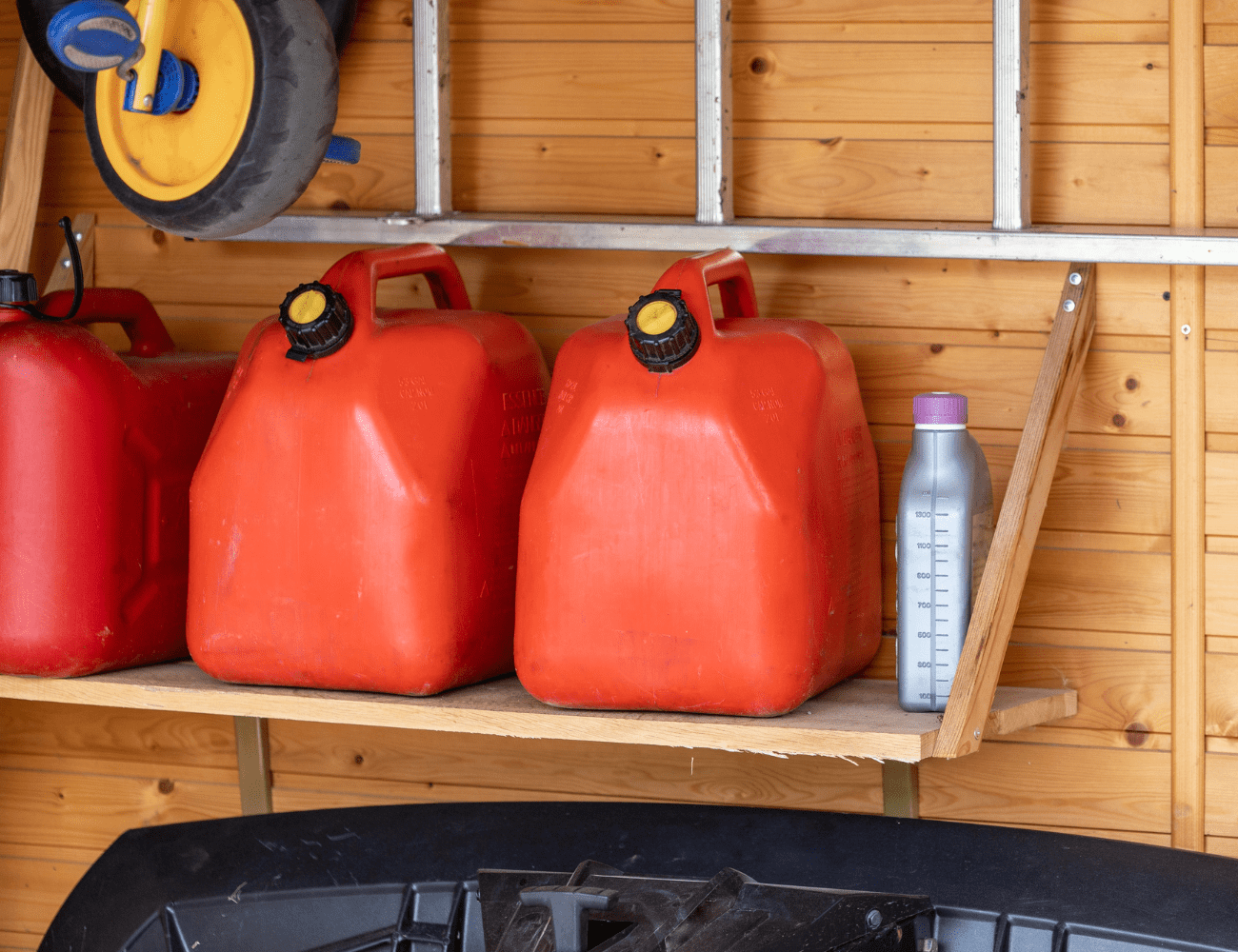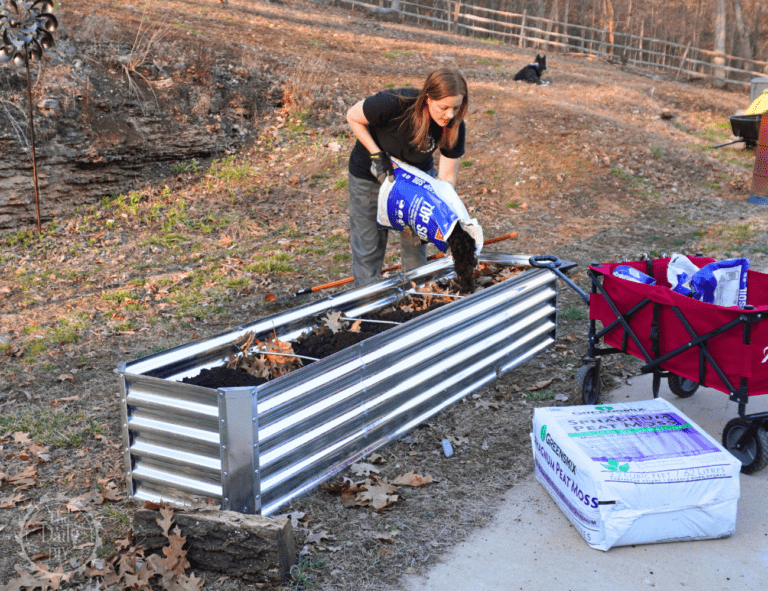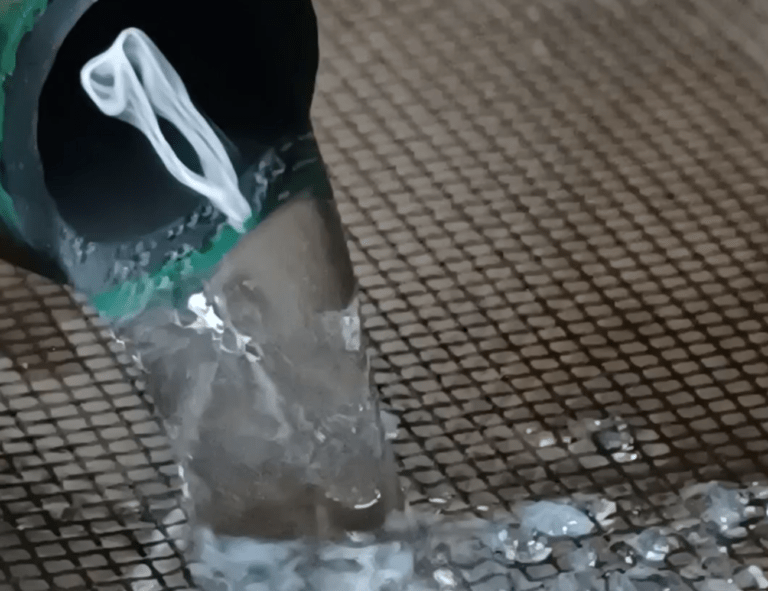Does Gas Go Bad? A Guide to Gasoline Shelf Life and Storage
Gasoline is an essential part of modern life, but does gas go bad? The answer is yes! Like many other products, gasoline has a shelf life and can degrade over time, leading to potential problems if used in engines. With fuel prices at record highs, understanding how to store it properly and extend its life is more important than ever. Let’s explore the factors that cause it to go bad, how long it can last, and how to keep it fresh for longer.
How Does Gas Go Bad?
You might wonder, does gas go bad even if stored in a sealed container? Unfortunately, the answer is still yes. Although crude oil can last millions of years underground, the refined gasoline we use is far more fragile. Its shelf life is influenced by exposure to heat, oxygen, and humidity. These elements accelerate chemical reactions and contamination, causing the fuel to degrade.
Here are the key reasons gasoline goes bad:
- Oxidation: When gasoline is exposed to oxygen, it begins to oxidize, leading to the formation of gum and varnish that can clog fuel systems.
- Water Contamination: Moisture can condense inside fuel cans or tanks, particularly in ethanol-based fuels, which absorb water from the air.
- Evaporation: High temperatures cause gasoline to evaporate, especially in unsealed containers, reducing its effectiveness.
Different fuel types also affect how long gasoline will last. Let’s dive into the specifics.
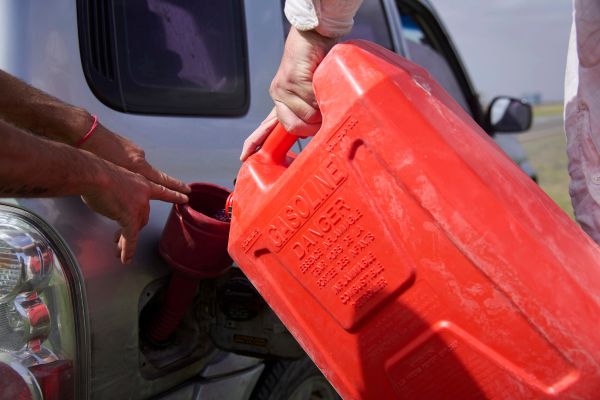
How Long Can Gas Sit in a Fuel Can?
The shelf life of gasoline depends on its type and storage conditions. Properly stored gas can last anywhere from 3 to 12 months, but it’s crucial to know the differences between fuel types to avoid problems.
Pure Gas (3–6 Months)
Pure, petroleum-based gasoline lasts up to 6 months because it doesn’t absorb moisture as readily as ethanol-based fuel. If you’re looking to store it for longer periods, pure gas is your best bet.
Ethanol (1–3 Months)
Most of the gasoline sold at filling stations is ethanol-based, commonly referred to as “regular gas.” Unfortunately, ethanol gas absorbs water from the air, leading to contamination. This type typically lasts only 1–3 months, making it less ideal for long-term storage.
Diesel (6–12 Months)
Diesel fuel has a longer shelf life of up to 12 months if stored properly. However, it’s still susceptible to water contamination and evaporation over time.
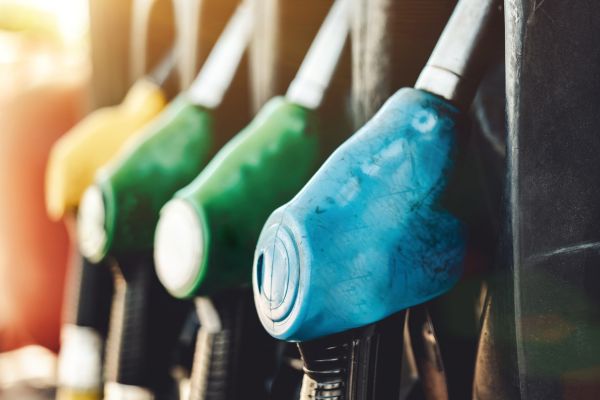
What Happens If You Use Old Gas?
Using old gasoline can lead to a host of problems, including:
- Engine sputtering or knocking
- Clogged injectors or fuel filters
- Blocked fuel lines
- Reduced engine performance
If you suspect your gas is nearing the end of its shelf life, you can mix it with fresh gasoline to use it up. A good rule of thumb is to combine one part old gas with one part new gas. However, if the gas is beyond its usable life, it’s best to dispose of it at a government-approved disposal facility.
How to Extend the Life of Your Gas
Want to avoid the frustration of wasting fuel? Here are a few tips to extend its life and keep it fresh:
Use Fuel Stabilizers
Products like Sta-Bil Fuel Stabilizer or Fuel Life In-Tank Stabilization Filters can significantly prolong the shelf life of your gas. Sta-Bil is an additive that prevents oxidation and moisture contamination, while Fuel Life filters remove water and impurities directly from the fuel tank or can. These solutions can help it remain usable for up to 2 years.
Store Gas Properly
To minimize evaporation and contamination:
- Use airtight, approved fuel cans.
- Store gasoline in a cool, dry place, away from direct sunlight.
- Avoid storing gas for longer than the recommended time frame for its type.
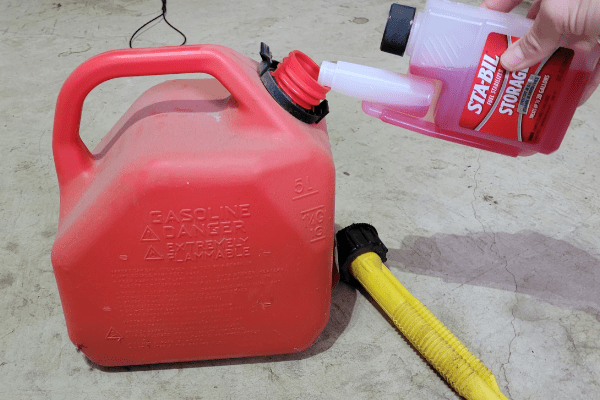
Final Thoughts: Does Gas Go Bad?
The short answer is yes, gas does go bad, but understanding why and how to prevent it can save you money and headaches. Whether you’re storing it for a generator, lawn equipment, or an emergency reserve, keeping it fresh requires proper storage and the use of stabilizers.
Now that you know how long gas can sit in a your fuel can and the factors that affect its shelf life, you can make smarter decisions to keep your engines running smoothly. You can also look to save money by switching to electric devices. Greenworks is a great brand offering many long lasting battery powered and electric tools. I made the switch last year to a Greenworks electric pressure washer and love how well it cleans.

